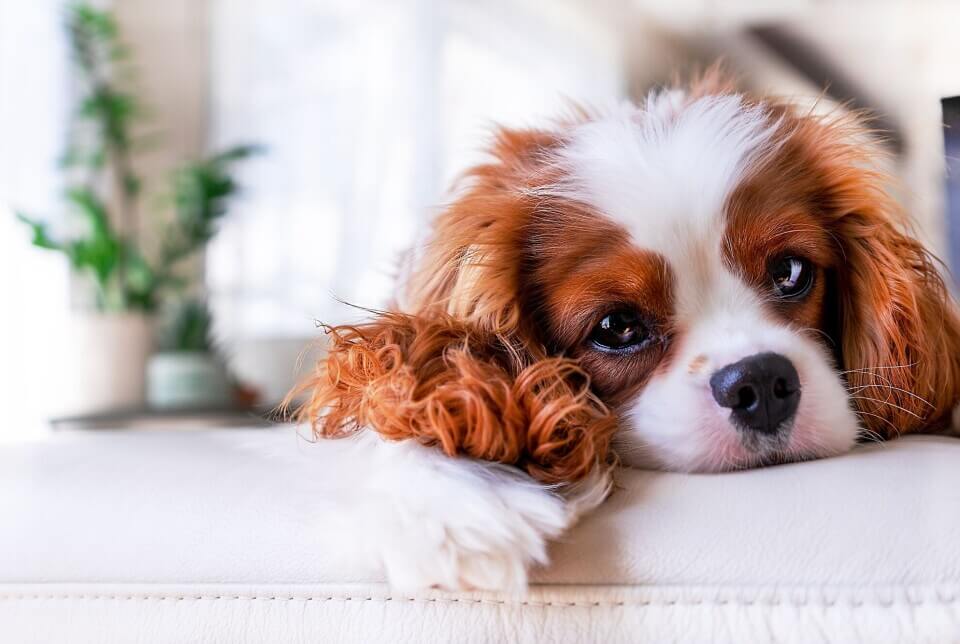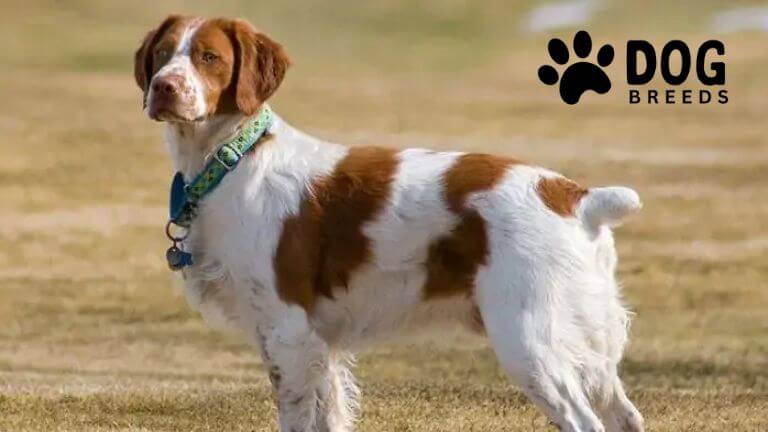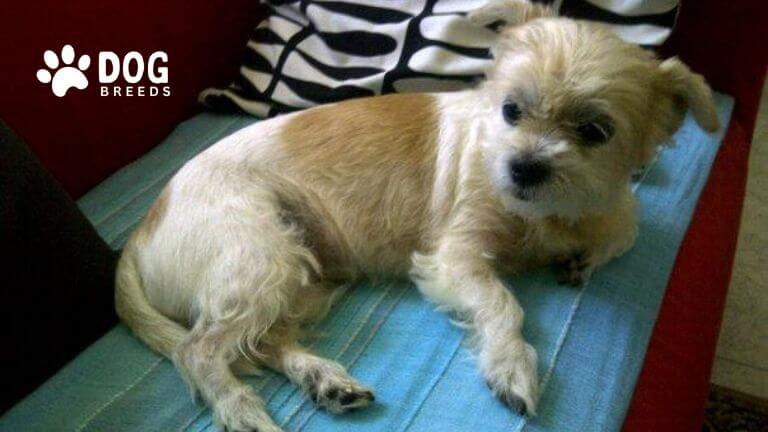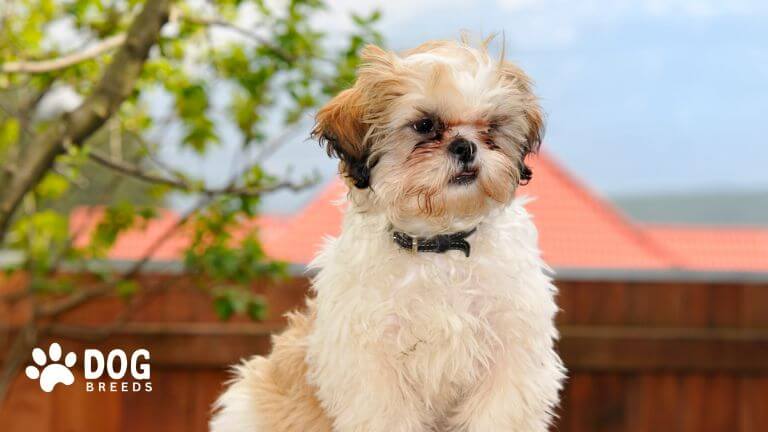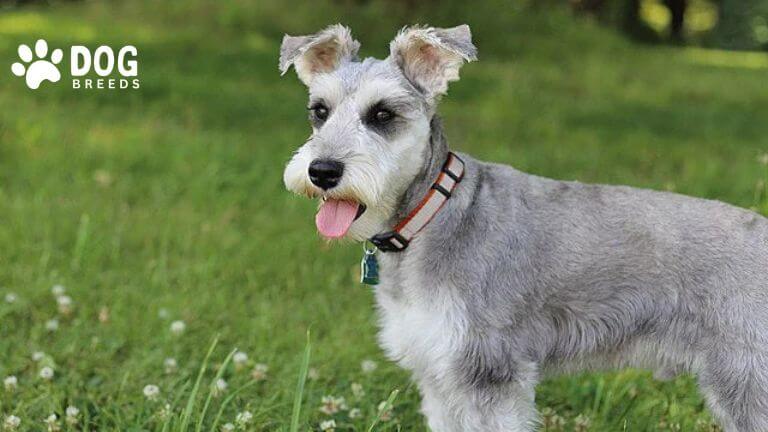Cavalier King Charles Spaniel Dog Guide: Everything You Need to Know
History and Origins of the Cavalier King Charles Spaniel
The Cavalier King Charles Spaniel is a beloved toy breed with a royal history. Originating in the 16th century, these dogs were named after King Charles II of England, who adored the breed. The breed’s ancestors were small spaniels, often featured in portraits alongside European royalty. Their affectionate nature made them popular companion dogs for both the aristocracy and common people.

The breed was nearly lost in the 19th century but was revived in the 1920s by breeders who sought to recreate the original appearance and temperament. Today, the Cavalier King Charles Spaniel is known for its friendly demeanor and elegant looks, making it a top choice for families and individuals seeking a loving companion.
Physical Characteristics
- Size: The Cavalier King Charles Spaniel is a small dog, standing about 12 to 13 inches tall at the shoulder. They typically weigh between 13 to 18 pounds.
- Coat Type: They have a long, silky coat that requires regular grooming to prevent matting. Their fur is soft to the touch, with a slight wave.
- Colors: This breed comes in four distinct color combinations:
- Blenheim (chestnut and white)
- Tricolor (black, white, and tan)
- Black and Tan
- Ruby (rich red)
- Distinguishing Features: The Cavalier King Charles Spaniel has a well-rounded head with large, expressive eyes that convey a gentle, affectionate expression. Their ears are long and feathered, and their tail is often carried high with a gentle curl.
Personality and Temperament
The Cavalier King Charles Spaniel is known for its friendly, affectionate, and pleasant nature. This breed thrives on companionship and is known to form strong bonds with its family members.
- Friendly: Cavaliers are social dogs that love to interact with people and other pets. They are not territorial and are generally not aggressive, making them great for families with children and other pets.
- Energetic: While they are a small breed, they are still quite active. They enjoy short walks, playtime, and snuggling up on the couch with their owners. Their energy level is moderate compared to other breeds, making them suitable for apartment living or houses with a yard.
- Gentle: Cavaliers are often described as gentle and calm. They adapt well to different environments, including quiet homes or busy households.
- Not Protective: Unlike some other breeds, Cavaliers are not typically protective or territorial. They may bark to alert their owners of visitors but will rarely act aggressively.
Overall, the Cavalier King Charles Spaniel is a wonderful choice for families or individuals seeking a loving and easygoing dog that is good with children and other pets.
Health Considerations
Like all breeds, the Cavalier King Charles Spaniel is prone to certain health issues. Some of the most common concerns include:
- Mitral Valve Disease (MVD): A heart condition that is common in Cavaliers. It’s important to monitor their heart health and have regular vet check-ups.
- Syringomyelia (SM): A condition affecting the brain and spine that can cause pain. Regular check-ups with a vet are essential to catch early signs.
- Hip Dysplasia: A genetic condition that affects the hip joint, leading to arthritis and discomfort. Regular exercise and weight management can help minimize symptoms.
- Life Expectancy: The average lifespan of the Cavalier King Charles Spaniel is 12 to 15 years. Providing a balanced diet, regular exercise, and routine veterinary visits can help them live a long and healthy life.
Care Requirements

Exercise
The Cavalier King Charles Spaniel requires regular exercise to stay healthy. Daily walks and play sessions will help keep them fit and mentally stimulated. They are not as demanding as larger breeds but should still get at least 30 minutes to an hour of exercise each day.
Grooming
Due to their long, silky coat, grooming is essential. You should brush their fur several times a week to prevent tangles and matting. Regular ear cleaning is also necessary since their long ears can trap dirt and moisture, leading to infections. Trim their nails regularly, and be sure to check their teeth for any signs of dental issues.
Nutrition
Feed your Cavalier King Charles Spaniel a balanced diet that is appropriate for their age, size, and energy level. High-quality dog food designed for small breeds will provide the necessary nutrients. Be mindful of portion sizes to prevent obesity, as Cavaliers are prone to gaining weight if not properly monitored.
Training Tips
The Cavalier King Charles Spaniel is an intelligent breed, and they respond well to positive reinforcement training. Here are some tips for training them effectively:
- Use Positive Reinforcement: Reward-based training works best for this breed. Cavaliers are eager to please, so be sure to use treats and praise to reinforce good behavior.
- Socialization: Start socializing your Cavalier at an early age. These dogs thrive in social settings and enjoy meeting new people and pets. Proper socialization ensures they grow up to be well-adjusted, confident adults.
- Leash Training: Due to their small size, Cavaliers may be prone to pulling on the leash. Practice leash training early to ensure they walk calmly by your side.
- Basic Commands: Cavaliers are quick learners and respond well to commands such as sit, stay, and come. Be consistent with your commands and avoid harsh discipline.
Quick Facts About the Cavalier King Charles Spaniel
- Height: 12-13 inches
- Weight: 13-18 pounds
- Coat: Long, silky, and requires regular grooming
- Colors: Blenheim, Tricolor, Black and Tan, Ruby
- Personality: Friendly, affectionate, energetic, and good with children and other pets
- Life Expectancy: 12-15 years
- Common Health Issues: Mitral Valve Disease, Syringomyelia, Hip Dysplasia
Conclusion
The Cavalier King Charles Spaniel is a charming, affectionate, and adaptable breed. Their friendly and gentle nature makes them an excellent choice for families, singles, and seniors alike. With the right care, training, and attention, this breed can be a loyal companion for many years. Whether you’re looking for a playful friend or a relaxed lapdog, the Cavalier King Charles Spaniel fits the bill perfectly.
There are plenty of dog breeds to suit all kinds of lifestyles and homes. With a little research, you can find your next best friend!
FAQs About the Cavalier King Charles Spaniel Dog Breed
Are King Charles Cavaliers good house dogs?
Yes, Cavalier King Charles Spaniels are excellent house dogs. Their gentle and affectionate nature makes them ideal companions for families, singles, or seniors. They are small in size, making them suitable for apartments and homes alike. Cavaliers thrive on human interaction and enjoy being part of the family, often following their owners around the house. Their moderate energy level means they are content with regular playtime and short walks.
What are the disadvantages of a Cavalier King Charles Spaniel?
While Cavalier King Charles Spaniels are generally a great choice for many families, there are some disadvantages to consider:
- Health Issues: Cavaliers are prone to certain genetic health problems, such as Mitral Valve Disease (MVD) and Syringomyelia (SM), which may require regular veterinary care and monitoring.
- Grooming: Their long, silky coat needs frequent grooming to prevent mats and tangles. Regular brushing is necessary, which can be time-consuming.
- Separation Anxiety: Cavaliers are highly social dogs and may suffer from separation anxiety if left alone for extended periods. They prefer to be with their family members.
How expensive is a Cavalier King Charles Spaniel?
The cost of a Cavalier King Charles Spaniel can vary depending on factors like the breeder, location, and pedigree. On average, a Cavalier puppy can cost between $1,800 to $3,500. However, if you’re purchasing from a highly reputable breeder or looking for a rare color variation, the price may be higher. Keep in mind that the ongoing cost of veterinary care, grooming, food, and other essentials will add to the total cost of ownership.
Do King Cavalier dogs shed a lot?
Cavalier King Charles Spaniels are moderate shedders. They have a long, silky coat that sheds throughout the year but typically not excessively. Regular grooming, including brushing, will help manage shedding. Cavaliers may shed more during seasonal changes, so additional care during these times can help minimize loose hair around the house.
Do Cavalier dogs bark a lot?
Cavalier King Charles Spaniels are generally not excessive barkers. They may bark to alert their owners of visitors, but they are not typically known for constant barking. Cavaliers are more social and affectionate, preferring to be near their family members. Early training and proper socialization can help reduce unnecessary barking.
Which color Cavalier is most expensive?
The Blenheim color pattern, which is a rich chestnut and white combination, tends to be the most sought-after and often the most expensive. This is the traditional color associated with the breed and is highly prized in show circles. However, the price difference between colors can vary based on breeder preferences and demand in different areas.
Do Cavalier King Charles dogs smell?
Cavalier King Charles Spaniels generally do not have a strong odor if they are kept clean and groomed regularly. However, their long ears can trap moisture and dirt, which may lead to ear infections if not properly cared for. Regular ear cleaning and overall grooming can help prevent any unpleasant smells. Like all dogs, they may develop an odor if not properly bathed or if they have health issues.
What is the best age to get a Cavalier puppy?
The best age to get a Cavalier King Charles Spaniel puppy is between 8 to 12 weeks. At this age, puppies are typically weaned and ready to transition to their new homes. This age is also ideal for starting socialization and basic training, which are essential for developing a well-adjusted and well-behaved adult dog.
Can King Charles Cavalier sleep outside?
No, Cavalier King Charles Spaniels should not sleep outside. They are an indoor breed that thrives on human companionship and should not be left outside for long periods. Cavaliers have a gentle temperament and can become anxious if separated from their owners for too long. Additionally, their thin coats are not suited for outdoor temperatures, making them prone to cold weather.
Can a Cavalier be aggressive?
While Cavalier King Charles Spaniels are generally gentle and friendly, any dog can show signs of aggression if not properly trained or socialized. Cavaliers are not naturally aggressive and tend to get along well with people and other pets. Early socialization and positive reinforcement training are key to preventing unwanted behaviors like aggression.
Is Cavalier a smart dog?
Yes, Cavalier King Charles Spaniels are quite intelligent. They are eager to please and learn commands quickly, making them relatively easy to train. However, they can sometimes be stubborn, so consistency and positive reinforcement are important. Cavaliers excel in obedience training and are also good at learning tricks.
How often does a Cavalier need to pee?
The Cavalier King Charles Spaniel will typically need to go outside to relieve itself about 3 to 4 times per day. However, this can vary based on age, diet, and water intake. Puppies and older dogs may need to pee more frequently. Regular bathroom breaks are important, as Cavaliers are prone to urinary tract infections if not regularly taken outside. Always ensure your dog has access to fresh water and establish a consistent routine for bathroom breaks.
- Why Are Dalmatians Not Popular? Uncovering the Truth Behind the Rarity of This Iconic Breed - April 16, 2025
- Top 15 Chinese Dog Breeds: Discover the Best Dogs from China - April 14, 2025
- Dalmatian Dog Breed: History, Care, Personality & Health - April 3, 2025

